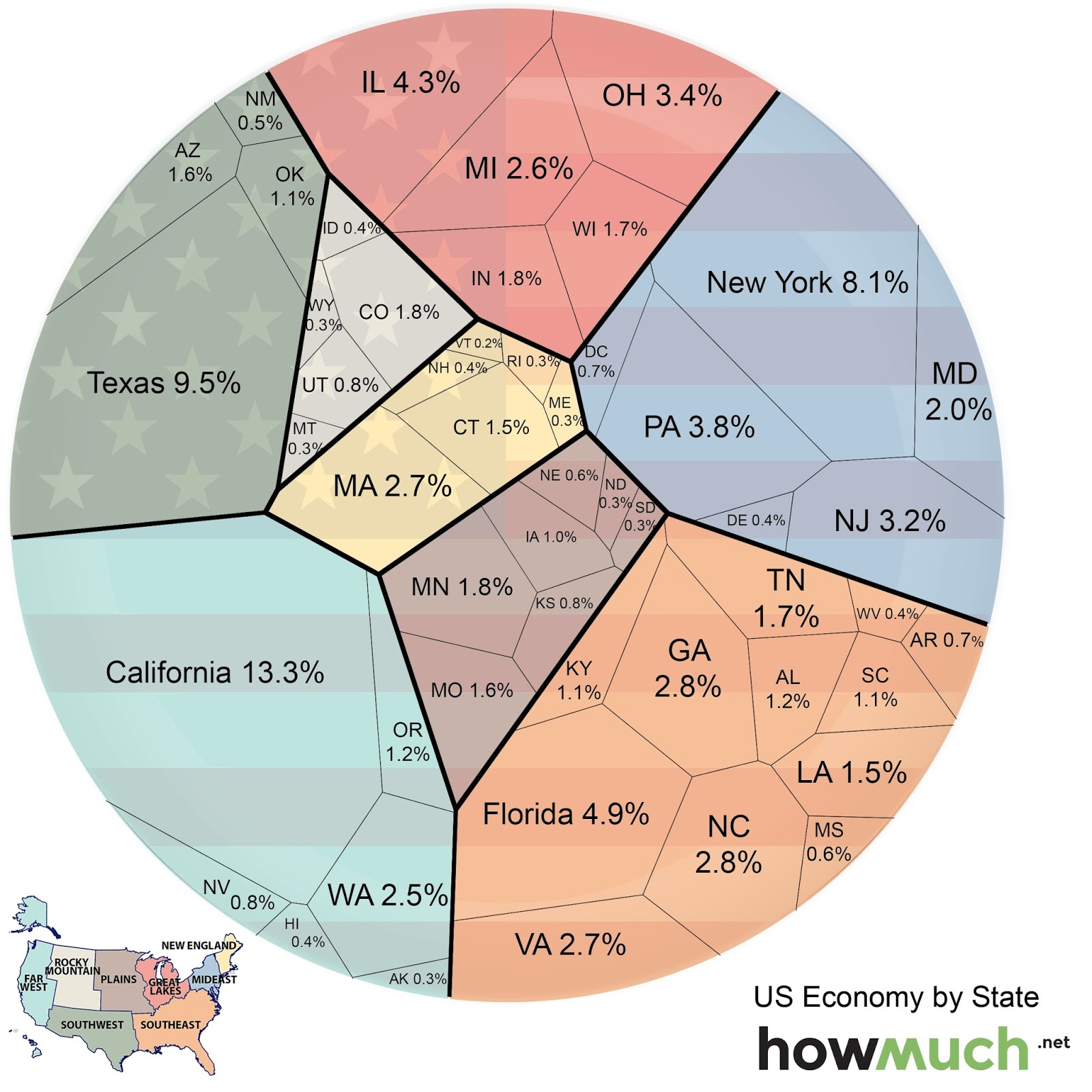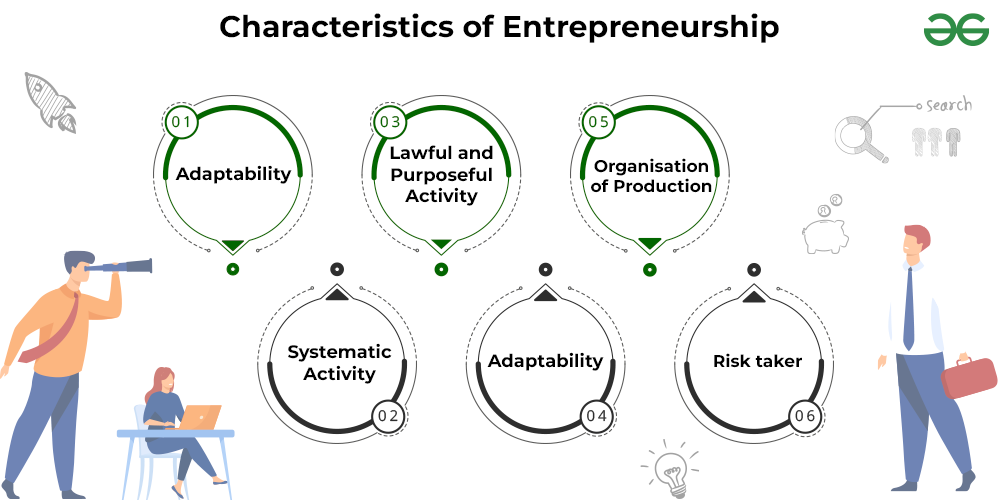
Books on Money: Top Recommendations from Harvard Economists
When it comes to understanding the complex world of finance and wealth, books on money provide invaluable insights that can empower readers in their financial journeys. From exploring the fundamentals of economics to uncovering the intricacies of personal finance, these volumes serve as essential guides in an often confusing landscape. Notably, some of the best finance books delve into topics like currency evolution and investment strategies, offering practical advice and timeless wisdom. Additionally, economics books recommendations abound for those eager to enhance their financial literacy, covering everything from budgeting to the broader implications of monetary policy. By diving into engaging narratives and expert analyses, readers can transform their relationship with money and make informed decisions that lead to financial success.
Literature on fiscal understanding and wealth management is crucial for anyone looking to navigate today’s financial climate confidently. These texts often encompass a variety of themes, from the history and evolution of currency to practical strategies for managing personal wealth. Whether labeled as financial guides, economic treatises, or educational resources, such titles play a pivotal role in fostering financial literacy among audiences. Within these writings, readers can discover insightful commentaries and reflective analyses that clarify the motives behind economic systems and individual finance. Ultimately, engaging with this genre of literature positions readers to better grasp their financial futures, cultivating a culture of knowledge and empowerment around monetary affairs.
The Impact of Money on Society
Money plays a pivotal role in shaping societies and economies across the globe. It facilitates trade, influences social dynamics, and fuels political decisions. Understanding the impact of money helps individuals navigate their financial lives more effectively, promoting better fiscal responsibility and economic participation. The stories behind currencies — from ancient barter systems to modern cryptocurrencies — offer valuable lessons on human behavior and decision-making.
In our daily lives, money can become a source of stress or empowerment. Personal finance education and financial literacy books can provide essential insights into money management, budgeting, and the importance of saving and investing. These resources are critical to dispelling the confusion that often accompanies financial decisions, ultimately leading to a more informed populace that can contribute positively to economic stability and growth.
Recommended Books on Money Management
For readers seeking to enhance their understanding of finances, a well-curated list of books on money can be immensely helpful. Titles like ‘Money’ by Jacob Goldstein offer an engaging exploration into the evolution of monetary systems, while classic texts about currency and financial strategies remain relevant for today’s audience. Each recommendation can act as a stepping stone towards greater financial literacy.
Moreover, the educational offerings in the form of best finance books introduce concepts like budgeting, investing, and economic theory in a digestible manner. Books like ‘The Ascent of Money’ by Niall Ferguson highlight the intertwining of debt and finance throughout history, providing context that is vital for modern readers. The insights gained from these books empower individuals to make informed decisions about their financial futures.
Exploring Economics Through Literature
Economics can often seem abstract, but numerous economics books recommendations demystify complex theories, making them accessible to the layman. Works that bridge the gap between economics and everyday life help readers understand how macroeconomic policies impact individual financial decisions. This connection is essential for fostering a culture of informed citizenship.
Books such as ‘The Price of Peace’ by Zachary D. Carter offer not just economic insight but also historical context, enriching the reader’s understanding of how money shapes diplomacy and international relations. By reading such literature, individuals can appreciate the intricate relationships between economics and societal issues, which enhances their overall understanding of world affairs.
Unlocking Financial Literacy for All
Financial literacy is crucial in today’s economy, and readers are encouraged to seek out financial literacy books that address the nuances of managing personal finances. These texts cover various subjects, from budgeting strategies and investment tactics to the psychological aspects of money management. By equipping themselves with this knowledge, readers can avoid common pitfalls and work towards financial stability.
Additionally, books about currency and systemic economics serve as an introductory lens for those curious about the fiscal world. Understanding the foundational elements of money helps individuals grasp more complicated concepts later. The strength of a financially literate society lies in its ability to produce informed, capable individuals who can engage meaningfully in discussions about money.
The Evolution of Currency and Monetary Policies
The evolution of currency reflects historical shifts in society, economics, and technology. Exploring this evolution can illuminate how monetary policies affect global markets and personal wealth. For example, Kenneth S. Rogoff’s works detail the historical context of currencies and suggest how future innovations like digital currencies could further alter the monetary landscape.
Another layered dimension to explore is the impact of monetary policy decisions, particularly in light of global financial crises. In ‘The Only Game in Town,’ Mohamed A. El-Erian provides insight into the challenges central banks face and the effects these challenges have on everyday finances. This understanding is crucial for individuals seeking to comprehend the larger financial systems that govern their lives.
Understanding Debt and Finance Through History
The role of debt in shaping economies is a crucial topic for anyone interested in finance. Niall Ferguson’s ‘The Ascent of Money’ is an enlightening read that delves into historical developments in debt and finance. By tracing the lineage of financial systems, readers gain insight into how past decisions continue to influence modern economic environments.
Moreover, examining historical instances of financial crises can lend perspective on current financial landscapes. Learning from the past helps individuals identify warning signs and empowers them to make decisions that safeguard their financial health. By coupling history with modern economic practices, readers cultivate a well-rounded understanding of how to navigate their personal finances.
Key Figures in Economic Thought
Studying key figures in economic thought can provide deeper insights into the principles governing money management. For instance, Milton Friedman’s work in monetarism continues to influence discussions about economic policy. His emphasis on the role of government in monetary control remains relevant, especially in discussions centered on inflation and monetary stability.
Understanding the contributions of these figures can enrich a reader’s comprehension of monetary policy and its real-world implications. This knowledge is invaluable for individuals interested in finance, as it equips them with historical context and theoretical foundations crucial for engaging in informed financial discussions.
The Role of Financial Institutions
Financial institutions play a significant role in the management and dissemination of money, affecting everything from personal savings to global commerce. Understanding the functions of banks, credit unions, and investment firms can empower individuals to make informed decisions regarding savings accounts, loans, and investment opportunities.
Moreover, familiarizing oneself with how these institutions operate can enhance interpersonal financial literacy. By evaluating how financial institutions respond to market demands and governmental regulations, individuals can better prepare themselves for navigating their financial lives effectively.
The Future of Money: Trends to Watch
Emerging trends such as cryptocurrencies and digital banking are reshaping the landscape of money. Eswar S. Prasad’s ‘The Future of Money’ offers valuable perspectives on these developments, and the potential impact they have on traditional banking systems. As society transitions towards cashless transactions, being informed about these trends is imperative for individuals looking to stay ahead.
Understanding the implications of these innovations is essential for developing effective personal finance strategies. Monitoring the evolution of currency will not only help consumers adapt to changes but will also prepare them to make savvy investments in new financial technologies.
Frequently Asked Questions
What are some of the best finance books to read for improving financial literacy?
Some of the best finance books that enhance financial literacy include ‘Money’ by Jacob Goldstein, which offers an entertaining history of money, and ‘The Ascent of Money’ by Niall Ferguson, which explores the development of debt and finance through history.
Can you recommend any economics books that provide insights on money?
Yes! ‘The Future of Money’ by Eswar S. Prasad discusses cryptocurrencies and central banks’ digital currencies, while ‘Money Mischief’ by Milton Friedman delves into the impact of monetarism on modern economies.
What are the top books about currency that you suggest?
Two notable books about currency are ‘The Curse of Cash’ by Kenneth S. Rogoff, examining the future of cash and digital currencies, and ‘Ben Franklin: An American Life’ by Walter Isaacson, which chronicles Franklin’s innovative role in American currency.
What are some recommended financial literacy books for beginners?
For beginners, I’d recommend ‘Money’ by Jacob Goldstein for its approachable history of money, and ‘The Only Game in Town’ by Mohamed A. El-Erian, which simplifies central banking and monetary policy concepts.
Are there any engaging books on economics that focus on historical perspectives of money?
Absolutely! ‘The Price of Peace’ by Zachary D. Carter gives a captivating biography of John Maynard Keynes while explaining how money influences economic policies. Additionally, ‘The Ascent of Money’ by Niall Ferguson intertwines history and finance compellingly.
What makes ‘The Curse of Cash’ a must-read book about currency?
‘The Curse of Cash’ by Kenneth S. Rogoff is essential for understanding the evolution of coinage and currency, detailing past innovations and predicting future trends in digital currencies, making it highly relevant today.
What books offer the best insight into modern finance trends?
To grasp modern finance trends, ‘The Future of Money’ by Eswar S. Prasad provides a balanced analysis of cryptocurrencies, while ‘The Only Game in Town’ by Mohamed A. El-Erian offers valuable insights on central banks’ roles after the financial crisis.
Which financial literacy books should I consider for comprehensive learning?
Consider ‘Career and Family’ by Claudia Goldin, which discusses economic marketplace challenges, and ‘The Forgotten Financiers of the Louisiana Purchase’ by Larry Neal, which combines intrigue with fascinating financial history.
| Book Title | Author | Key Points |
|---|---|---|
| Money | Jacob Goldstein | An entertaining history of money and failed monetary aspirations. |
| The Future of Money | Eswar S. Prasad | Balanced account of cryptocurrencies and central bank digital currencies. |
| Money Mischief | Milton Friedman | Importance of money in policy discussions and analysis. |
| The Price of Peace | Zachary D. Carter | Biography of Keynes, exploring economic policy and its impacts on war and peace. |
| The Ascent of Money | Niall Ferguson | Historical insights on debt and finance with wit and humor. |
| The Only Game in Town | Mohamed A. El-Erian | Examination of central banking’s evolution post-financial crisis. |
| Ben Franklin: An American Life | Walter Isaacson | Insight into Franklin’s innovation with paper currency and his multifaceted talents. |
| The Curse of Cash | Kenneth S. Rogoff | Exploration of currency’s past and future, including digital forms. |
| The Forgotten Financiers of the Louisiana Purchase | Larry Neal | Fascinating account of finance behind the Louisiana Purchase. |
| Career and Family | Claudia Goldin | Discussion on the balancing act between career and family for women over 120 years. |
Summary
Books on money provide invaluable insights into the complex world of finance and economics. From the history of what constitutes money to the ongoing evolution of cryptocurrencies, these recommended reads offer a variety of perspectives from renowned economists. Each book delves into critical themes, making it easier to understand the impact of money on society and individual lives. Understanding the principles outlined in these works can empower readers to navigate financial landscapes more effectively, making informed decisions in both personal and broader economic contexts.


